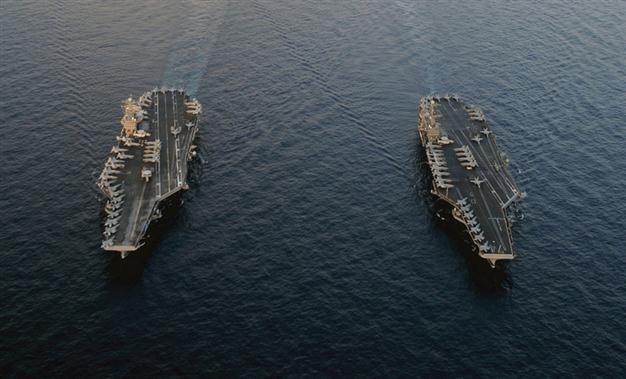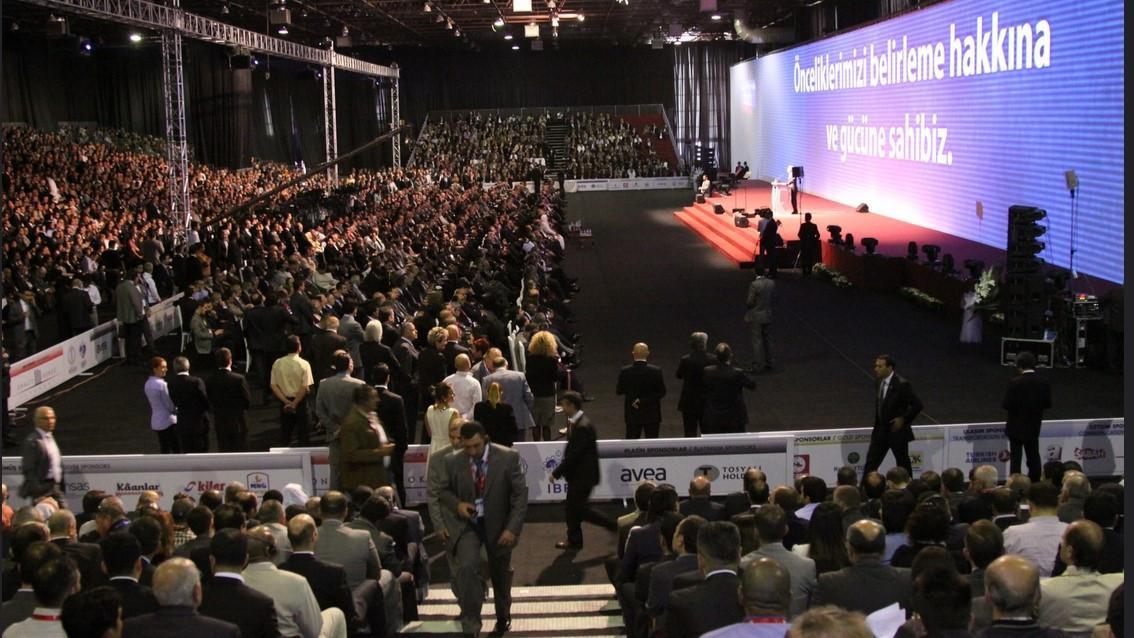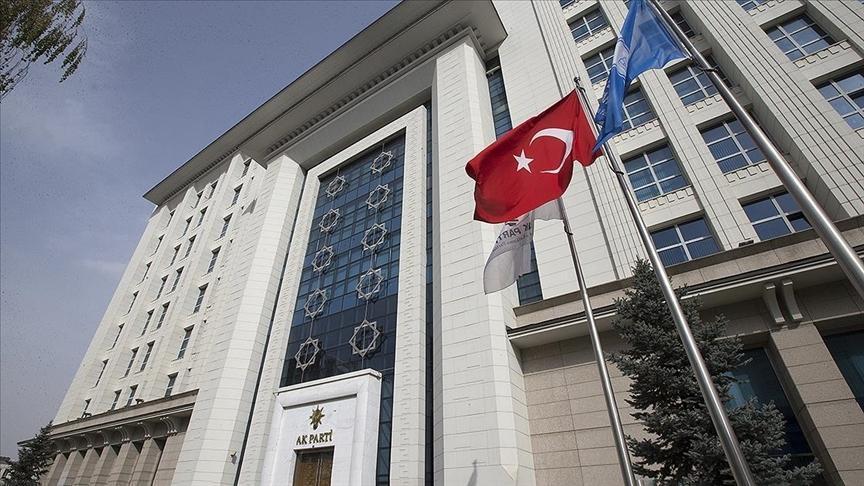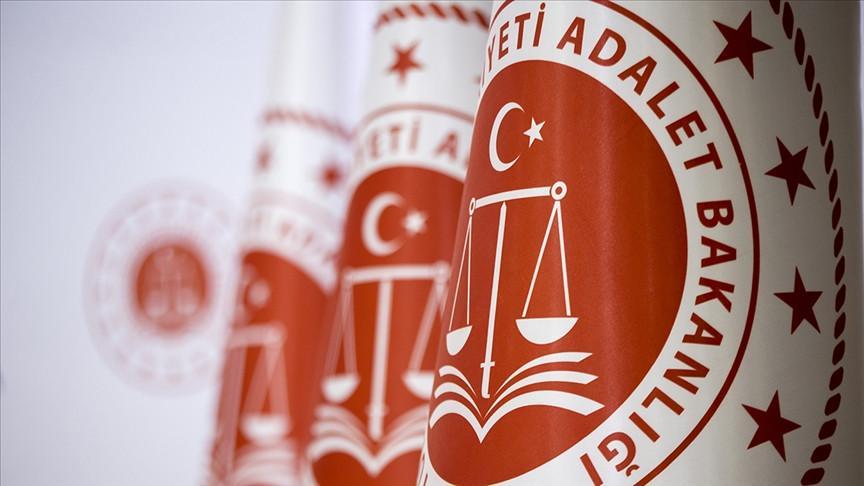EU bans Iranian oil, raises tensions
BRUSSELS / TEHRAN

Aircraft carriers USS Abraham Lincoln and USS John C. Stennis are seen in this photo. USS Abraham Lincoln has passed through the Strait of Hormuz recently. REUTERS photo
The European Union agreed yesterday to slap an embargo on Iran’s oil exports and froze the Iran’s central bank’s assets, as part of sanctions to pressure Tehran into resuming talks on its controversial nuclear program.Iran immediately responded to fresh sanctions by renewing its threat to close the Strait of Hormuz, one day after U.S. aircraft carrier made a symbolically loaded voyage into the Gulf in defiance of Iranian hostility.
Meeting in Brussels, foreign ministers from the 27-state EU, which as a bloc is Iran’s second-biggest customer for crude after China, agreed to an immediate ban on all new contracts to import, purchase or transport Iranian crude oil and petroleum products.
However, EU countries with existing contracts to buy oil and petroleum products can honor them up to July 1. EU officials said they also agreed to freeze the assets of Iran’s central bank and ban trade in gold and other precious metals with the bank and state bodies.
US aircraft carrier sails through Strait of Hormuz
In response to new sanctions, lawmaker Mohammad Ismail Kowsari, deputy head of Iran’s influential committee on national security, said the strait “would definitely be closed if the sale of Iranian oil is violated in any way.” Kowsari claimed that in case of the strait’s closure, the U.S. and its allies would not be able to reopen the route, and warned the U.S. not to attempt any “military adventurism.”
Another senior lawmaker, Heshmatollah Falahatpisheh, said Iran has the right to shutter Hormuz in retaliation for oil sanctions and that the closure was increasingly probable, according to the semiofficial Mehr news agency. One day before Iran threatened to close the Hormuz, the U.S. aircraft carrier USS Abraham Lincoln has passed through the Strait of Hormuz and is now in the Gulf, the Pentagon said. “USS Abraham Lincoln completed a regular and routine transit of the Strait of Hormuz to conduct maritime security operations as scheduled,” Pentagon spokesman Navy Captain John Kirby said.
The carrier, which has capability to transport up to 80 planes and helicopters on board, was escorted by the guided-missile cruiser USS Cape St George and two destroyers. Earlier, Britain’s Ministry of Defence said a British Royal Navy frigate and a French vessel had joined the carrier group to sail through the strategic waterway.
Compiled from AFP, AP and Reuters stories by the Daily News staff.
SANCTIONS ‘DO NOT HELP’: RUSSIAN FM
MOSCOW – Agence France-Presse
Russia said yesterday it viewed the EU’s oil embargo on Iran as counterproductive and would continue to defend Tehran against further sanctions over its nuclear program. “Unilateral sanctions do not help matters,” Russian Foreign Minister Sergei Lavrov said. “We will restrain everyone from making harsh moves. We will seek the resumption of negotiations.” Lavrov added he was confident that talks between Iran and the Western powers could be resumed soon.
















